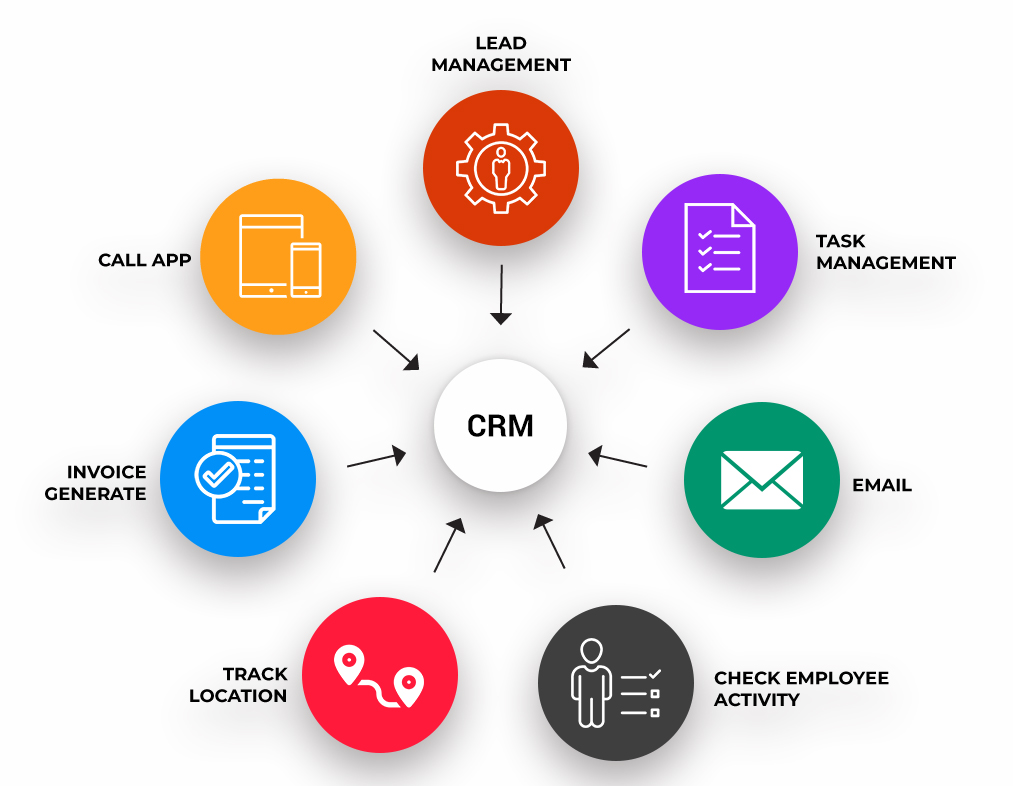Customer Relationship Management (CRM) is a business strategy that aims to manage and improve the relationships with customers. It involves the use of technology, processes, and policies to capture, store, analyze, and manage customer interactions and data. CRM is becoming increasingly important in today’s business environment as customer expectations continue to evolve, and businesses are looking to gain a competitive edge.

Current Trends in CRM
- Artificial Intelligence (AI) and Machine Learning (ML) AI and ML are transforming the CRM landscape, allowing businesses to leverage data and automation to personalize customer interactions and improve the overall customer experience. By analyzing customer data, AI and ML can provide insights that enable businesses to make informed decisions and tailor their marketing, sales, and service strategies.
- Omni-channel Communication Customers now expect to communicate with businesses through multiple channels, including email, phone, chat, social media, and more. An omni-channel approach ensures that businesses can communicate with customers through their preferred channel, creating a seamless and consistent experience across all touchpoints.
- Predictive Analytics Predictive analytics involves using data, statistical algorithms, and ML techniques to identify the likelihood of future outcomes based on historical data. This helps businesses to anticipate customer behavior and take proactive measures to improve the customer experience.
- Social CRM Social media platforms have become a crucial communication channel for businesses to engage with customers. Social CRM involves integrating social media data into the CRM system to track customer interactions and gain insights into customer preferences and behavior.
Benefits of CRM
- Improved Customer Experience CRM enables businesses to personalize customer interactions, address customer needs, and resolve issues quickly, resulting in a better customer experience. A positive customer experience can lead to increased customer loyalty, retention, and advocacy.
- Increased Efficiency CRM automates many manual processes, allowing businesses to streamline workflows and increase efficiency. This can save time and resources, enabling businesses to focus on core activities such as customer engagement and revenue generation.
- Better Customer Insights CRM provides businesses with a 360-degree view of the customer, enabling them to gain insights into customer behavior, preferences, and needs. This data can be used to develop targeted marketing campaigns, tailor product offerings, and improve customer service.
- Improved Collaboration CRM enables teams across departments to share customer data and insights, resulting in better collaboration and coordination. This can help to break down silos and improve communication, resulting in better decision-making and a more seamless customer experience.
In conclusion, CRM is a critical business strategy that enables businesses to manage customer relationships, improve the customer experience, and gain a competitive edge. By leveraging the latest trends in AI, omni-channel communication, predictive analytics, and social CRM, businesses can stay ahead of the curve and meet evolving customer expectations. The benefits of CRM include improved customer experience, increased efficiency, better customer insights, and improved collaboration. As businesses continue to adopt CRM, we can expect to see further innovation and evolution in the field.
